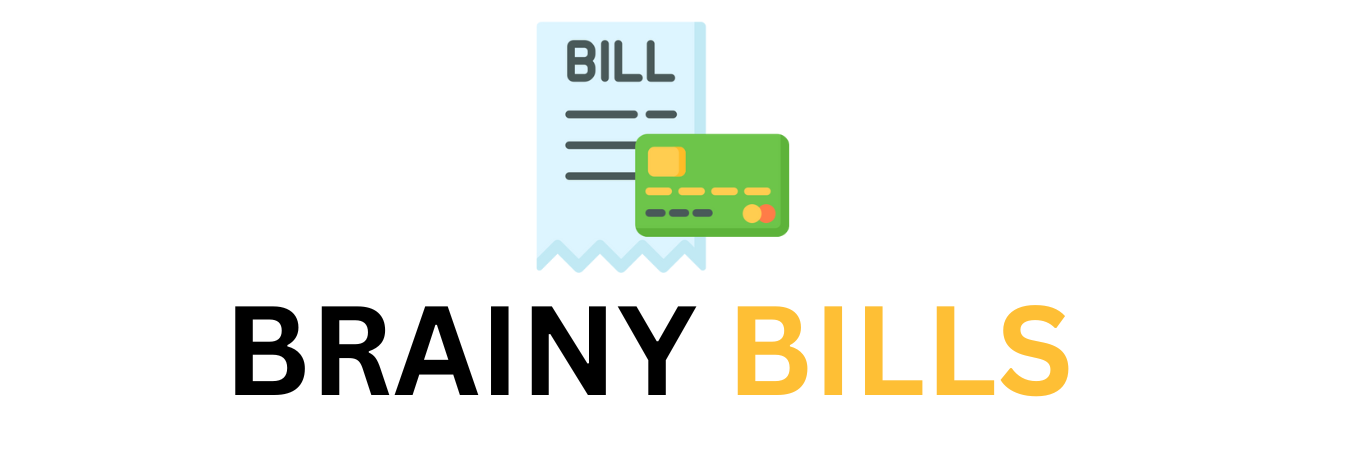
The benchmark stock exchange index is the DAX. It’s also known as the German Stock Index (or DAX), or simply the German Stock Index. It is a measure of the performance and market capitalization of the 30 largest German corporations. This article will discuss its history, composition, significance, and global importance as an equity index.
Histories of the DAX
Deutsche Aktien Exchange launched their Domestic Index (DAX), on July 1, 1988. This replaces the Borsen-Zeitung old index, which was used since 1959. The Deutsche Aktien Exchange created it as a joint venture of Deutsche Borse (Frankfurt Stock Exchange) and Deutsche Borse. This is part of an overall effort modernize and streamline Germany’s financial sector.
Since its inception, the DAX has been one of the most closely followed stock indices around the globe. It has a history of stability and growth, even in economic downturns. It ranks fourth in Europe as a stock index by market capitalization after the FTSE 100, CAC 40 and Euro Stoxx 50.
Composition of DAX
The DAX index consists 30 of the most traded and largest companies on the Frankfurt Stock Exchange. These firms are from many sectors, such as banking, technology, energy and healthcare. In 2021, SAP and Siemens, Allianz and Volkswagen, Linde were the five largest market capitalizations within DAX.
One distinctive characteristic of the DAX Index is its heavy reliance upon the automotive sector. This sector accounts for 20% in its total market capitalization. This is a sign of the dominance held by German carmakers such Volkswagen, BMW, Daimler and Daimler within this global sector.
Significance and significance of the DAX
The DAX, which is widely regarded by many as a barometer for Germany and Europe’s economies, is widely used. Its performance is closely monitored by analysts and investors all over the globe to gauge economic health as well as market sentiment. Global financial markets can be affected by changes in the DAX.
Investing in DAX gives investors access and control over a variety of top German companies in multiple sectors. This allows them to reduce risk by avoiding investing in just one sector or firm. Investors can also invest in companies with a proven track record of innovation, efficiency, profitability.
Conclusion
The DAX is a stock index that tracks the performance 30 of the most traded and largest companies on the Frankfurt Stock Exchange. Investors looking to invest abroad in Germany will find it attractive due to its proven track record of stability and growth. Investors and analysts closely track DAX levels, which are indicators of economic health and market sentiment.










